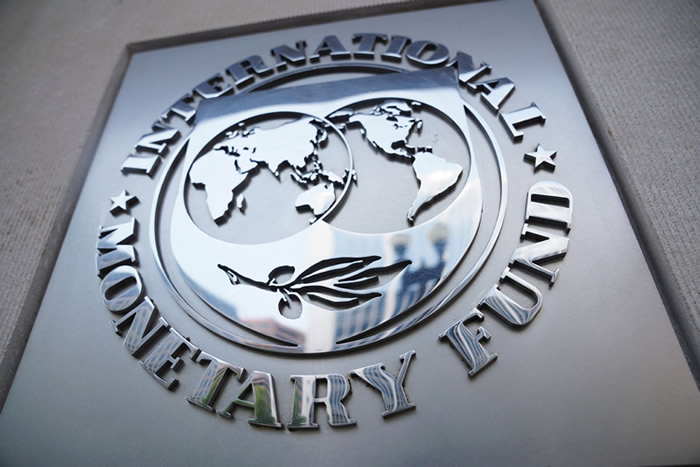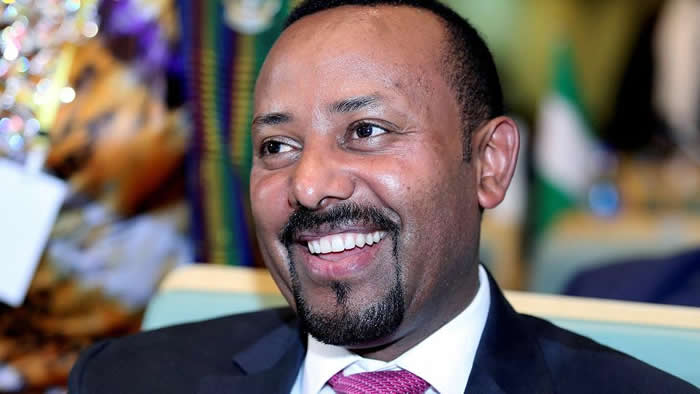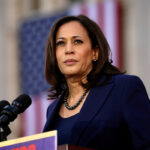
The International Monetary Fund (IMF) has stated its vigilance regarding recent developments in Ghana after the country’s lawmakers approved a bill proposing up to three years of imprisonment for individuals identifying as LGBTQ.
In a statement issued from its headquarters in Washington, the IMF underscored its commitment to values of diversity and inclusion, stating that such principles are embraced within the institution.
The lender said its internal policies against discrimination based on personal characteristics, including gender, gender expression, or sexual orientation, stressing that diverse and inclusive economies tend to thrive.
“Diversity and inclusion are values that the IMF embraces,” the Washington-based lender said in a statement copied to Bloomberg. “Our internal policies prohibit discrimination based on personal characteristics, including but not limited to gender, gender expression, or sexual orientation. Like institutions, diverse and inclusive economies flourish.”
The legislation, passed by Ghana’s lawmakers on Wednesday with support from both the ruling party and the opposition, not only criminalizes the identification as LGBTQ but also targets the financing of LGBTQ groups and sanctions discrimination against them. President Nana Akufo-Addo, who is expected to step down after the upcoming elections on December 7, must endorse the bill for it to become law.
Acknowledging the importance of the situation, the IMF noted its close observation of events in Ghana, refraining from commenting on the bill until it is signed into law and its economic and financial implications are thoroughly assessed.
Ghana’s financial stability is closely linked to IMF assistance, particularly as the nation navigates its debt default and restructuring process, relying on the fund for crucial access to foreign exchange.
Earlier this year, on January 19, the IMF agreed to release a second tranche of $600 million to Ghana as part of the country’s three-year emergency program. Additionally, the World Bank has allocated $900 million in development-policy financing to aid Ghana’s economic recovery efforts.
Following the news of Ghana’s anti-LGBTQ legislation, the country’s dollar bonds experienced a decline, ranking as the second-worst performers in a Bloomberg index monitoring emerging-market sovereign hard-currency debt on Thursday.
All 14 of Ghana’s dollar notes in the gauge saw a drop in value, with the bonds maturing in 2034 experiencing the most significant impact, plummeting to 43.34 cents on the dollar, marking their lowest level since January 12.







